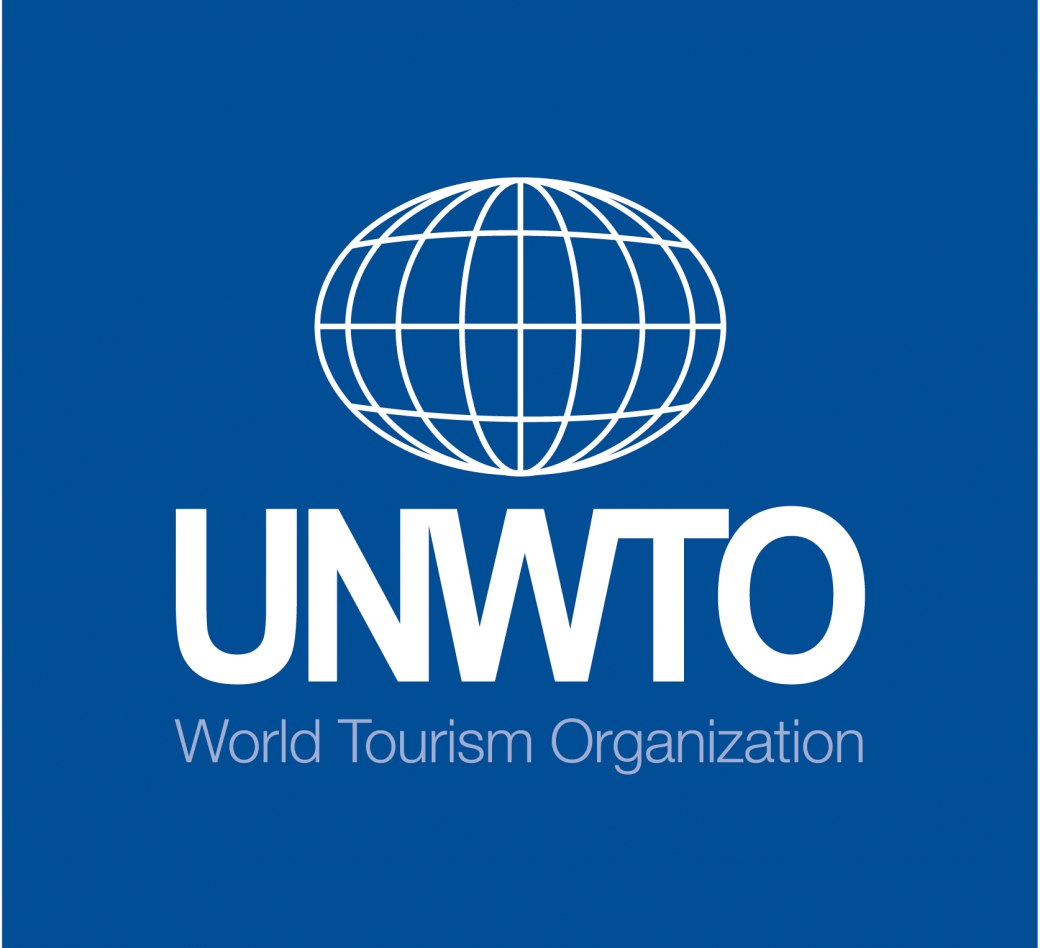The World Tourism Organization (UNWTO) has released a set of guidelines to help tourism sector emerge stronger and more sustainably from COVID-19. The guidelines highlight the need to act decisively, to restore confidence and, as UNWTO strengthens its partnership with Google, to embrace innovation and the digital transformation of global tourism.
- The United Nations specialized agency for tourism releases guidelines for strong and sustainable recovery
- Recommendations draw on cross-sector expertise of Tourism Crisis Committee
- Safe, seamless travel and restoring confidence key priorities
- UNWTO and Google strengthen partnership to promote digital skills and create new opportunities in recovery phase
The guidelines were produced in consultation with the Global Tourism Crisis Committee and aim to support governments and private sector to recover from an unparalleled crisis. Depending on when travel restrictions are lifted, the United Nations specialized agency warns that international tourist arrivals could fall by between 60% and 80%. This puts 100-120 million jobs at risk and could lead to US$ 910 billion to US$ 1.2 trillion lost in exports.
UNWTO Secretary-General Zurab Pololikashvili said: “These guidelines provide both governments and businesses with a comprehensive set of measures designed to help them open tourism up again in a safe, seamless and responsible manner. They are the product of the enhanced cooperation that has characterized tourism’s response to this shared challenge, building on knowledge and inputs from across the public and private sectors and from several UN agencies as part of the UN’s wider response.”
Safe and security protocols for tourism recovery
The new guide, a follow up of the Recommendations for Action already endorsed by the Committee, is focused on seven priorities for tourism recovery based on the pillars of mitigating the economic impact, developing safety protocols and coordinated responds and fostering innovation.
The guidelines highlight the importance of restoring the confidence of the travelers through safety and security protocols designed to reduce risks in each step of the tourism value chain. These protocols include the implementation of check procedures where appropriate, including temperature scans, testing, physical distancing, enhanced frequency of cleaning and the provision of hygiene kits for safe air travel, hospitality services or safe events.
Innovation key as UNWTO builds on Google partnership
The UNWTO Guidelines also highlight the opportunity to foster a digital transformation of destinations, companies and employees with initiatives such as the free online training with the UNWTO Online Academy and the implementation of apps such as the Hi Card to improve international interoperability at the airports and hotels. The role of technology in promoting social distancing in hotels and tourist destinations is also highlighted.
This comes as UNWTO strengthens its partnership with Google. Through this enhanced collaboration, the UN agency will work with Google to promote digital learning and online skills training so as to provide new opportunities across the global tourism sector.
Secretary-General Pololikashvili added: “We are thrilled to be working more closely with Google. The past weeks have highlighted the enhanced role technology plays in our lives and furthering the digital transformation of tourism will make the sector more resilient and create opportunities for people all around the world.”
About the Global Tourism Crisis Committee
UNWTO formed the Global Tourism Crisis Committee to guide the sector as it responds to the COVID-19 crisis and to build the foundations for future resilience and sustainable growth.
The Committee comprises representatives of UNWTO’s Member States and Affiliate Members, alongside the World Health Organization (WHO), the International Civil Aviation Organization (ICAO), Organisation for Economic Co-operation and Development (OECD), World Bank Group and the International Maritime Organization (IMO). The private sector is represented by Airports Council International (ACI), Cruise Lines International Association (CLIA), International Air Transport Association (IATA) and World Travel and Tourism Council (WTTC) to ensure a coordinated and effective response.
